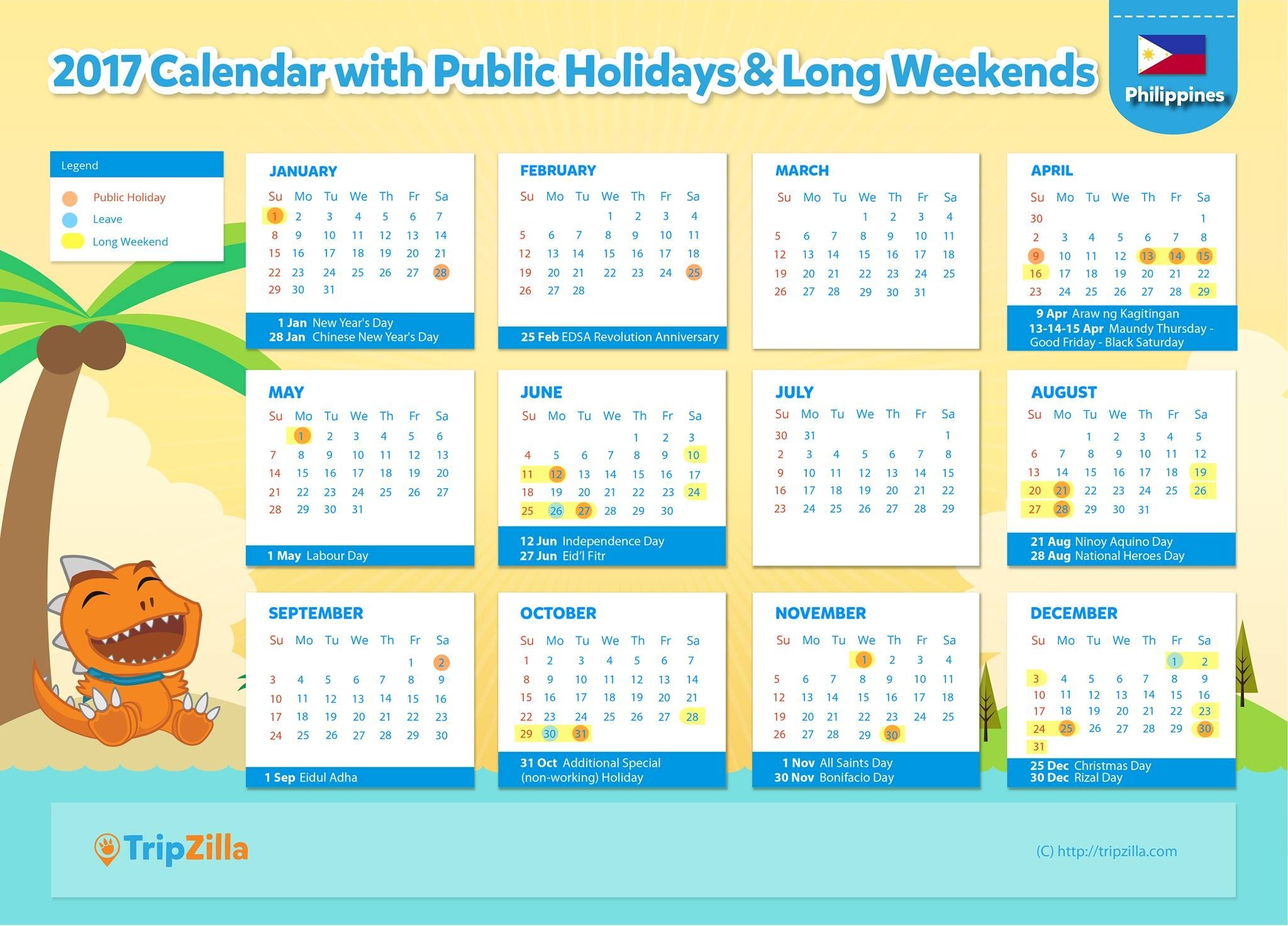Contributed by The WanderCat
I have a 9-to-5 job. I work in corporate finance. I like what I do but I also like travelling. Some might say that being a corporate employee and an adventure seeker just doesn’t add up.
I know there are a lot of people out there, who gave up their desk jobs in exchange for a nomadic life. I think that’s great if it makes them happy. But I also think — and I’m sure many of you will agree — that not everyone can afford to live a life like that. So for those of you, who want to juggle both work and travel, keep reading. This is the post for you.
I seriously believe it’s possible to travel frequently even though you have a “normal” job. I swear, all it takes is proper planning.
Also read: To Quit or Not to Quit Your Job to Travel?
Know how many vacation leaves you can take
It’s standard for companies to allow their employees to take 15-20 vacation leaves in a year. Some companies even have leave incentives if you join CSR programs. As for banks and other financial institutions, they have this so-called ‘mandatory block leave’, where each employee is required to take 5-10 consecutive days off within the given year, as a risk management measure. If you work in a company that requires this, use it wisely. This policy is basically handing you a long vacation on a silver platter.
Get a list of your country’s declared holidays before the start of the year

Here in the Philippines, the government releases the list of official non-working holidays for the coming year as early as July. Keep an eye out for a list like this in your country. Once you get a copy, know when the long weekends are and which holidays are close to weekends. However, it’s important to note that going on vacation during these dates tends to be more expensive and stressful than travelling on regular or off-peak days. To reduce your cost and to give yourself a longer break, the trick is to attach your vacation leaves to holidays or long weekends. You get to maintain your sanity as a bonus since you won’t be one of those holiday tourists congesting roads or airports.
Also read: 11 Long Weekends in the Philippines in 2017
Check if you can be sent on business trips
You don’t have to be a pilot or a flight attendant to be paid to travel. Sometimes, your regular job can give you opportunities to go on trips for free. This is actually the reason why I love my job. Working in sales and in a foreign financial institution lets me spend a lot of time away from my desk. I get to go out-of-town or abroad regularly for client calls, conventions, trainings and meetings. When I need to go on a business trip — especially if it’s a place I’ve never been before, I usually ask if I can extend for a day or so in order to explore on my own. Again, here’s where vacation leaves come in handy. You might have to shoulder the cost of your extension but that’s just a small price to pay. Who says you can’t mix business with pleasure?
 My first convention in Boracay, Philippines.
My first convention in Boracay, Philippines.
Find out the peak periods of your job
I tend to be very busy during mid-month and month-end. So when I plan short trips (less than a week), I try to avoid these periods. But for unavoidable instances like when I have a long trip coming up, I plan accordingly so my back-up won’t have a difficult time while I’m away.
Know the schedule of your travel buddies (if you have any)
Aside from knowing your schedule, if you’re planning to travel with friends or family, you also have to be familiar with their schedules. All of you have to be in sync so you won’t waste money on cancelled or rescheduled trips. I suggest travelling in small groups to make planning easier.
 With my favourite travel buddies in Bali, Indonesia.
With my favourite travel buddies in Bali, Indonesia.
Know the schedule of your work colleagues
When you’re an employee, it means you have certain responsibilities to your company. And usually, co-workers can’t be absent at the same time for business continuity purposes. So coordinate and compromise with your co-workers in order to avoid problems later on.
Find out when your bonuses are released
Let’s face it, travelling is a luxury. It can make a huge dent on anyone’s wallet. Unfortunately, for people like me, it’s something we can’t do without. So for those of you, who work in the corporate world, know exactly when your bonuses and allowances are credited. Ask your HR Department for the schedule. All my bonuses go straight to my travel fund so I schedule major trips after they’re credited. If you have extra sources of income such as businesses or rackets, know when major expenditures and revenues are expected as well. Proper financial management is crucial for a frequent traveler.
Mark all the possible dates for your trips in a calendar
After doing your ‘research’, it’s time to select possible dates. As a visualization strategy, I plot all these dates in a one-page calendar. This way, I can see everything in one glance and I know when to start saving and booking.
Leave a part of your schedule flexible for unexpected events
Schedules change — all the time! As much as I like to plan everything, I can’t assume that I can follow an entire schedule to the letter for an entire year. Not everything in life is predictable — and that’s what makes it fun and interesting — so I suggest making room for spontaneity. A spur-of-the-moment road trip? A sudden invite to a destination wedding? An emergency business trip? Am I being ironic now? Nope, I’m just being realistic!
Inform family members and work colleagues of your travel plans
Once you have trips finalised, inform your relatives and co-workers. You’re not the only one, who needs to prep for your vacation. They will have to take on the responsibilities you’ll leave behind so it’s common courtesy to inform them ahead of time.
See? Even though you’re not technically paid to travel, there’s no reason why you can’t do it as much as you would want. I get to travel at least once every quarter. I’m sure you can do that too!
Also read: 9 Signs You Are Ready to Quit Your Job and Travel the World






